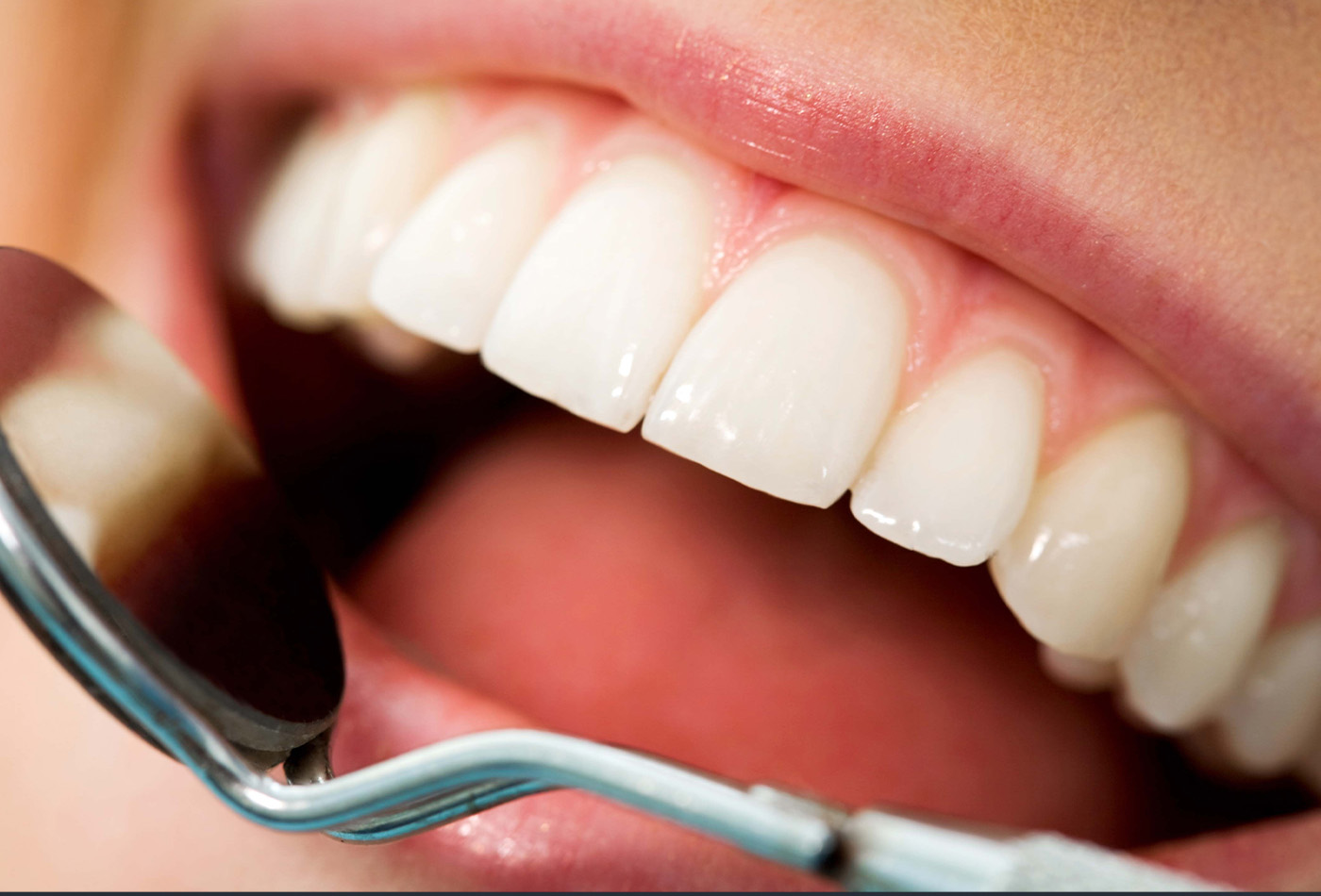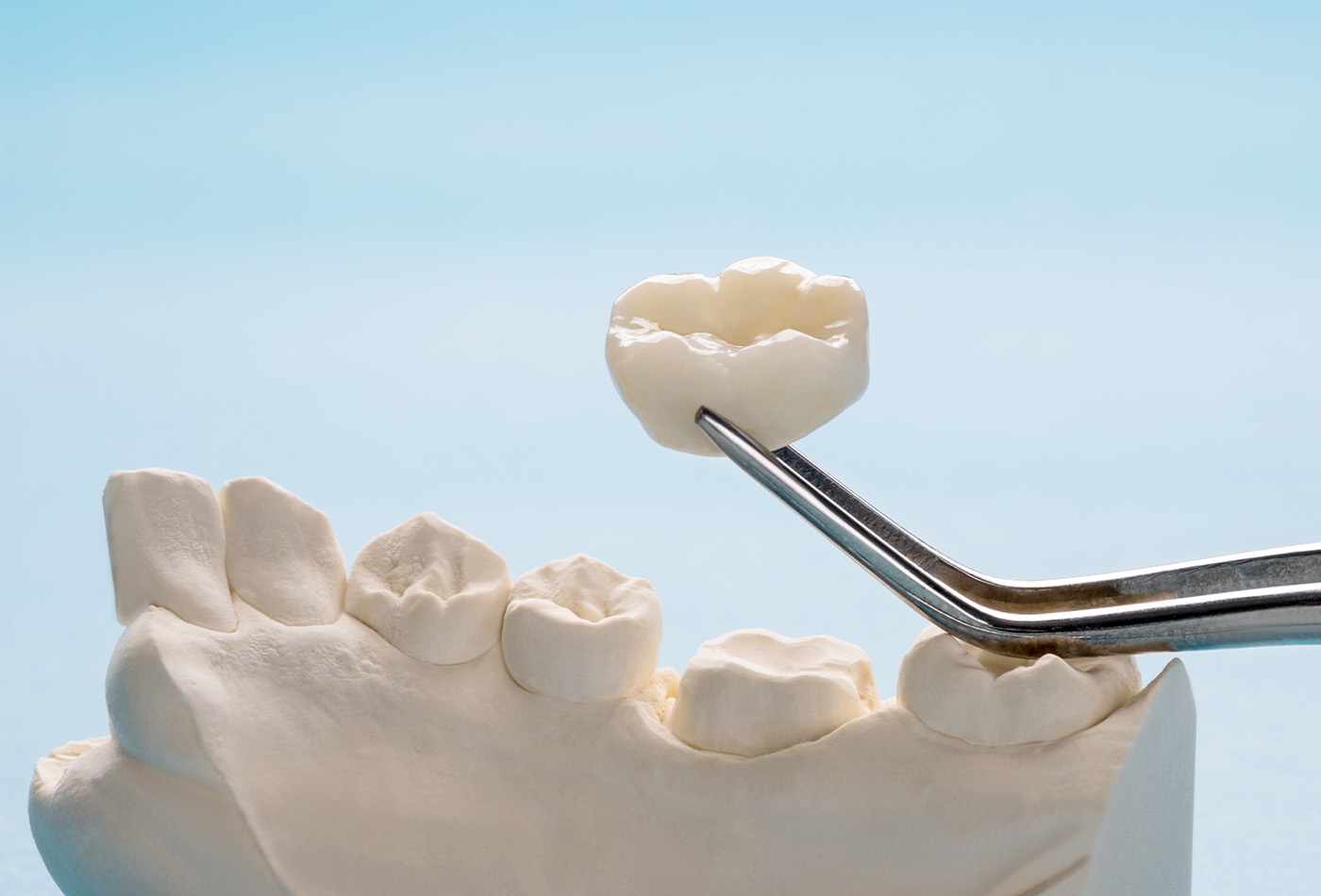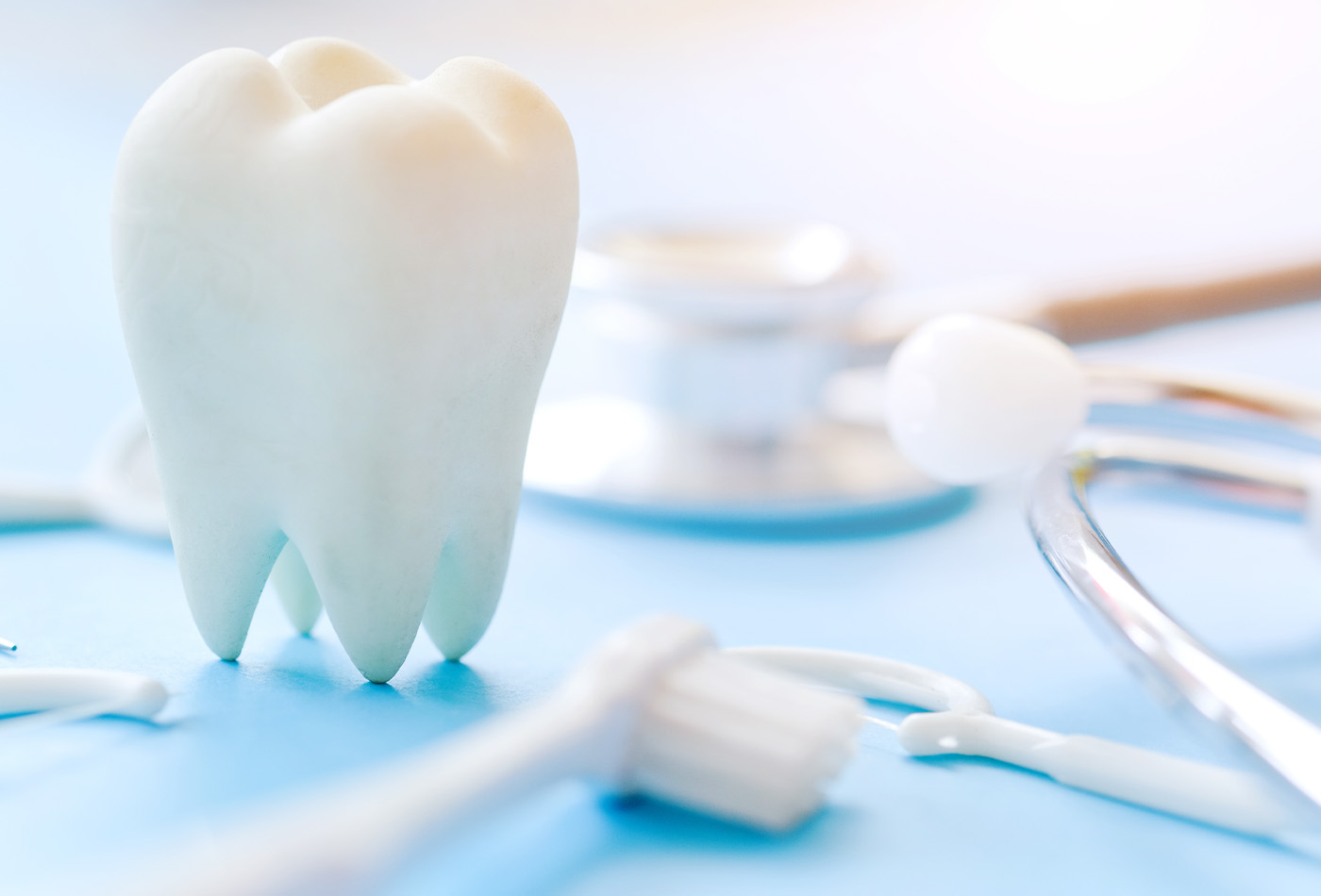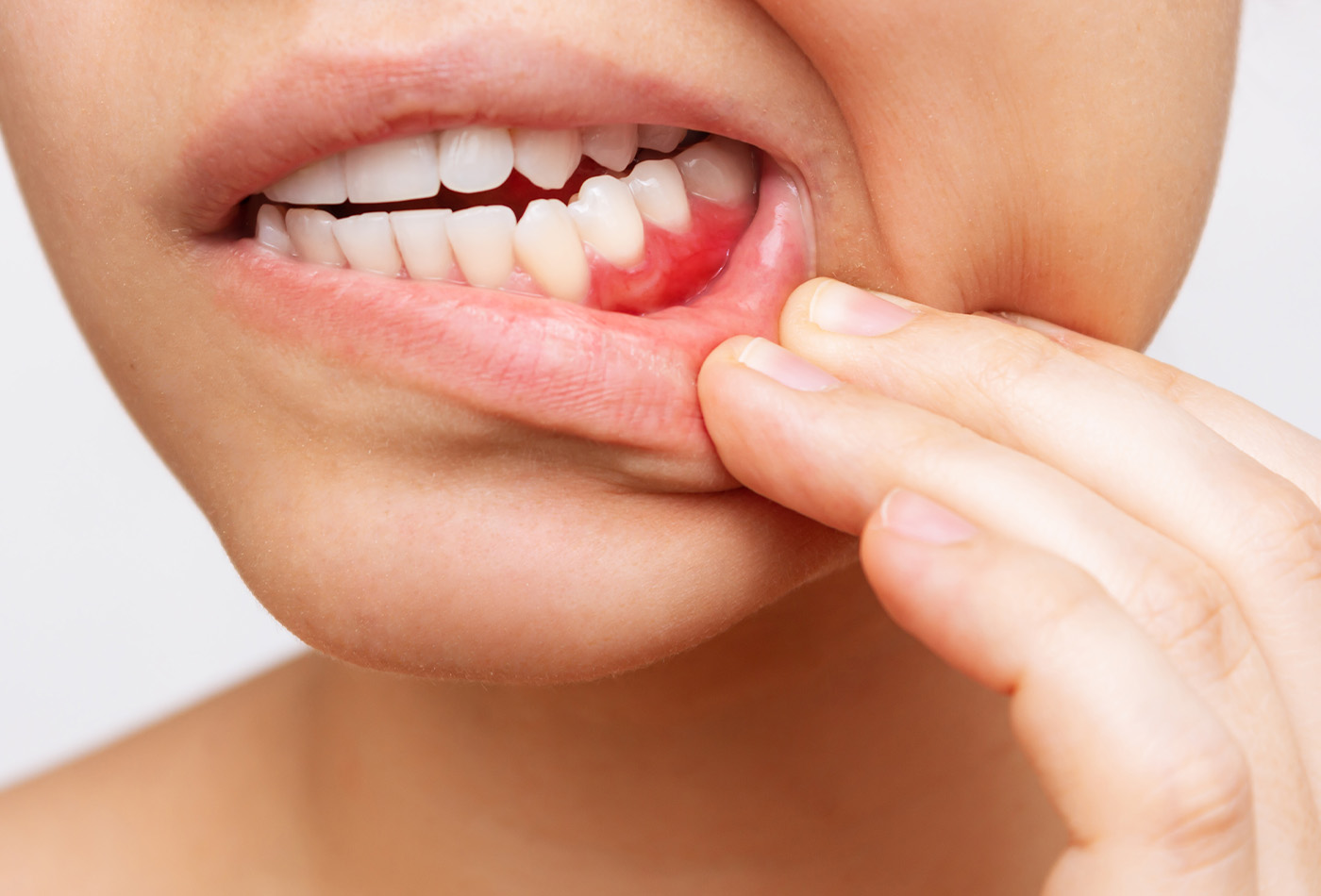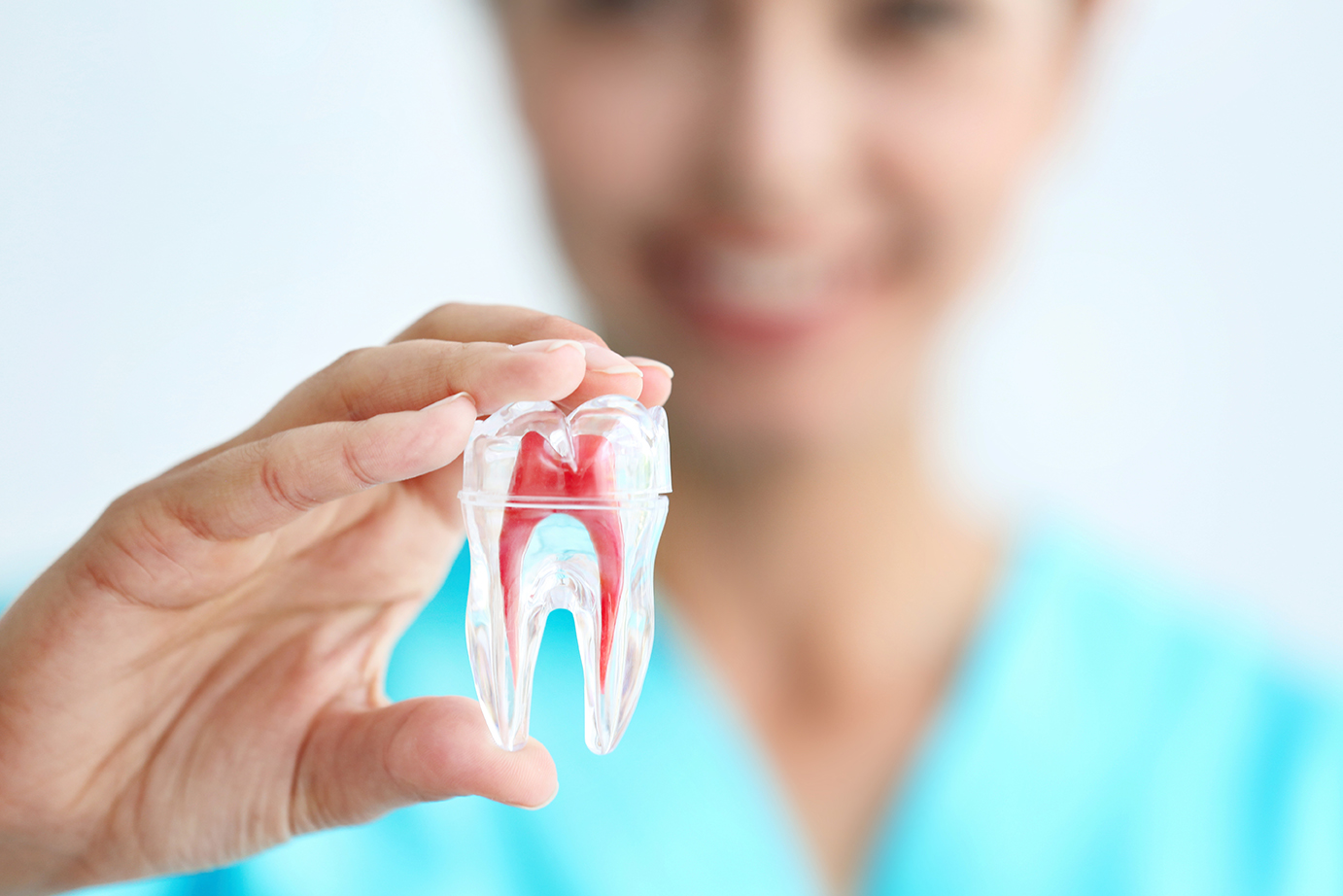So, you’ve just had your wisdom teeth extracted, a common dental procedure. But now, you find yourself grappling with an unexpected and unpleasant aftermath – bad breath. This temporary nuisance can unsettle you, but worry not. There are methods to keep things under control.
Let’s explore the factors that contribute to bad breath after wisdom teeth removal:
Causes of Bad Breath After Wisdom Teeth Removal
When it happens, you need that wisdom tooth removed. It is a reasonable need, after all. Still, you may find yourself in this uninviting situation because of the following causes:
Poor Oral Hygiene
After surgery, it’s a challenge to keep up with regular brushing and flossing. The discomfort or fear of disturbing the extraction site can hold you back, and that’s normal. But this reluctance can invite plaque buildup, which paves the way for bad breath.
Dry Mouth
The medications you take to quell post-operative pain can slash your saliva production, leading to dry mouth. Now, we know saliva plays a crucial role in washing away bacteria in the mouth. When its flow dwindles, bacteria thrive, and bad breath can sneak in.
Blood Clots and Surgical Wounds
After the extraction, your blood will flush to the site and form blood clots. These blood clots are the body’s natural way to speed up healing. However, they don’t smell really nice and will continue to give their unpleasant odor until the wound fully heals.
Food Debris and Bacteria
You’re likely to choose soft food, but even so, its particles can still find their way into the extraction site. In time, they create a breeding ground for bacteria and cause bad breath.
Dry Socket
When the blood clot safeguarding the extraction site gets dislodged or, worse, fails to develop, that’s a bad sign. You’re not almost healed. You’re faced with a new condition known as a dry socket. It exposes the underlying bone and nerves of the extraction site, culminating in intense pain and a foul odor.
How to Get Rid of Bad Breath After Wisdom Teeth Removal?
So, can you really bid goodbye to wisdom teeth bad breath? Yes, you can, and here’s how:
Rinsing with Saltwater
Saline, or salt water, is a very effective disinfectant that doesn’t get enough attention. A mixture of warm water and table salt will make a gentle rinse that cleans the extraction site, curbs inflammation, and banishes the bad breath bacteria.
Here’s an important note: refrain from using commercial mouthwashes. There are no harmful ingredients in them, but they can sting you and are much more likely to dislodge the blood clot that’s forming.
Using Antiseptic Mouthwashes Past the First 48-Hour Time Frame
In the first few days, a fresh blood clot is prone to damage. It’s best to swish your mouth gently with salt water until the clot is completely formed. After that, it’s safe to continue your repertoire with an antiseptic mouthwash.
Still, it’s safer that the mouthwash doesn’t contain alcohol to avoid irritation. It would still assassinate bacteria and freshen your breath.
Tongue Scraping
You would still need to keep this as a daily habit, but keep it especially so during the recovery. Your tongue can harbor bacteria and dead cells, which contribute to bad breath.
Eating Soft Foods and Avoiding Sugar
Soft foods don’t require much chewing, so you’ll be much more comfortable packing the post-procedure diet with them. They also are less likely to intrude on the extraction site.
Sugary foods are also a must-refrain. Bacteria break down sugar more quickly than other macronutrients, which requires you to rinse your mouth more frequently.
Staying Hydrated
Since a dry mouth promotes bad breath, staying hydrated helps to combat dry mouth and the bad breath it brings along. Again, we recommend you refrain from having sugary drinks and opt for plain water instead.
Applying Natural Remedies for Bad Breath
You can naturally freshen your breath by chewing on fresh mint leaves or herbs whose smell you find pleasant. They don’t contain harmful ingredients and are quite soft to chew.
How Long Does Bad Breath Last After Wisdom Teeth Removal?
Now, you might wonder, “How long will this bad breath linger after my wisdom teeth removal?” Typically, bad breath takes its leave within a week, as the healing process completes; but if it overstays, it could hint at complications like infection or dry socket.
When to Seek Professional Help
If you suspect you have dry socket after wisdom teeth removal, it is important to contact your oral surgeon or dentist for evaluation and treatment. Symptoms of dry socket may include severe pain, which can radiate to the ear, a bad taste or odor in the mouth, visible bone in the socket, and an empty-looking socket where the blood clot should be.
It’s worth noting that dry socket is a relatively rare complication. However, if you experience severe pain after wisdom tooth removal, it is always best to consult with your dental professional to rule out any complications like dry socket
Consult a Dental Professional at NYC Dental Smile
In conclusion, the key to treating bad breath after wisdom teeth removal is to be more gentle with chewing and brushing, and avoid certain foods. It might be an unwelcome guest, but it’s usually short-term and can be managed.
If you need a wisdom tooth removed, our team of professional dentists at NYC Dental Smiles is always ready to help.
Source
Spelman DDS, D. S. (2021, September 27). Bad Breath After Tooth Extraction: Causes and Treatment – Dr. Stephen Spelman. Dr. Stephen Spelman. https://stephenspelmandds.com/blog/breath-after-tooth-extraction/
Safarian, D. S. (2020, August 25). Identifying the Causes Of Bad Breath After Oral Surgery. Irresistible Smiles. https://safariandmd.com/bad-breath-101-identifying-the-causes-of-this-oral-surgery-malady/
 BOOK AN APPOINTMENT
BOOK AN APPOINTMENT 


